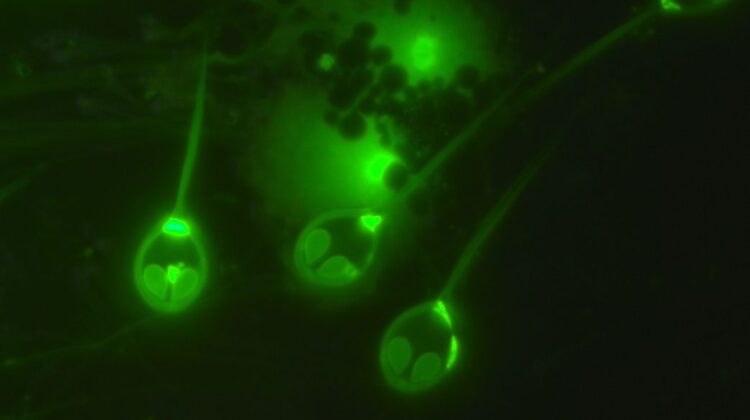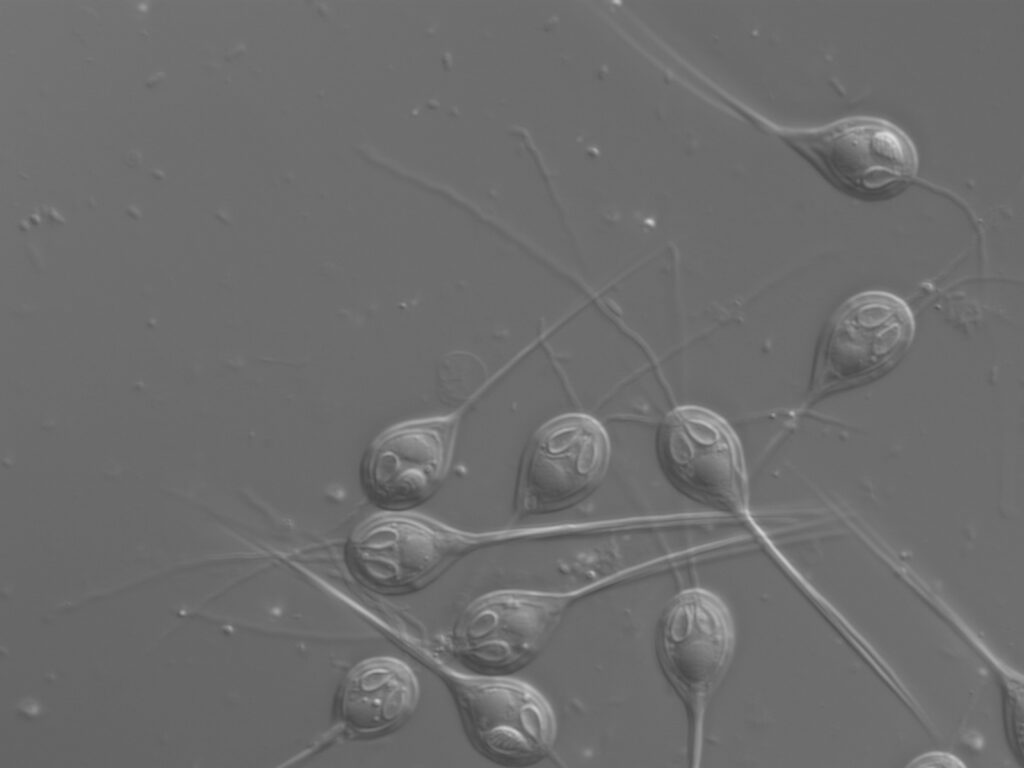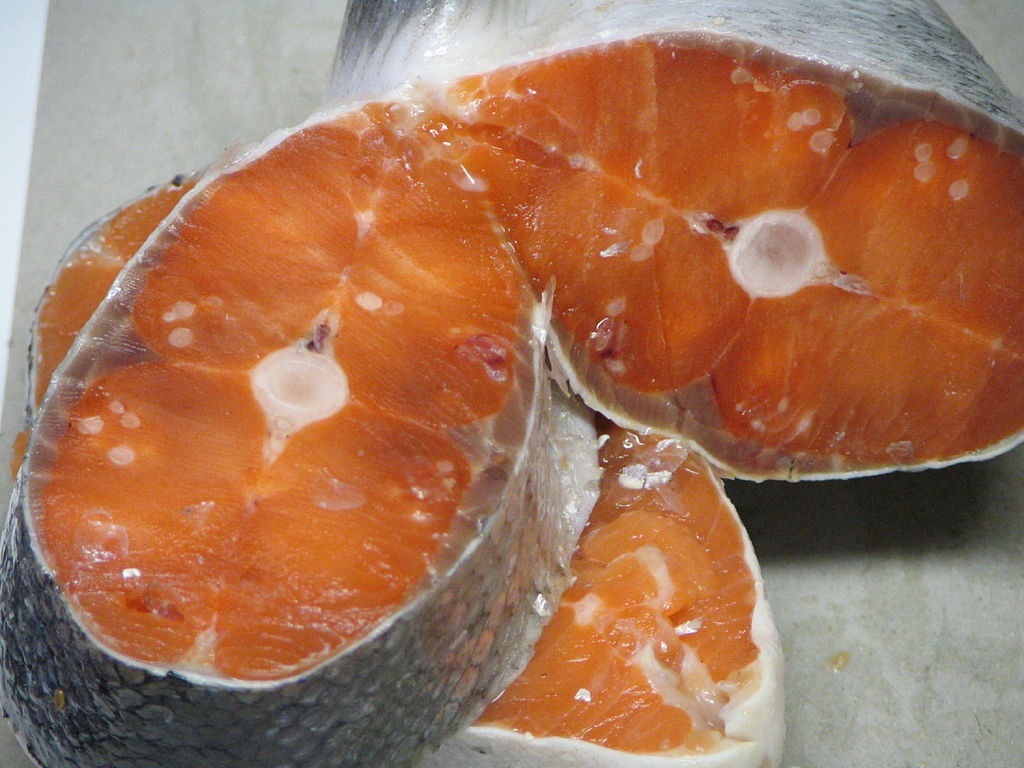
In a world first, a team of Tel Aviv scientists discovered an animal that does not require oxygen to survive, effectively putting Mrs Nerg back in her box. The paper published in PNAS describes a jellyfish-like parasite that is the first known multicellular organism without a mitochondrial genome, which means it can survive without oxygen.
Science advances are constantly challenging long-held assumptions about our planet and the universe, but who would have guessed that a groundbreaking discovery that completely changes our understanding of the animal kingdom would be discovered inside a salmon?
Henneguya salminicola is a tiny parasite with only ten cells that lives in salmon muscle. Though it appears to be a tadpole, it is actually related to jellyfish and corals, both of which practice aerobic respiration, as a member of the class Myxozoa, a group of obligately parasitic marine animals. This salmon-dwelling parasite, on the other hand, has abandoned this vital energy source, becoming the first multicellular organism known to exist without oxygen.

When the Tel Aviv University team began assembling the Henneguya genome, they were not looking for a huge scientific breakthrough. The discovery was made by chance when it was discovered that it lacked a mitochondrial genome, which codes for the mitochondria where oxygen is captured to produce energy. Without this cell feature, which is essential for all other animal life, the parasite would be unable to process oxygen for respiration.
Highly developed, multicellular organisms first appeared on Earth at a time when oxygen levels were high, which led to the assumption that all animals must breathe aerobically. While there has been some debate about whether animals living in anaerobic environments fit this mold, this is the first time evidence that animals can exist without oxygen has been discovered.

In a statement, lead researcher Professor Huchon of TAU’s Faculty of Life Sciences and Steinhardt Museum of Natural History said, “It is generally thought that during evolution, organisms become more and more complex, and that simple single-celled or few-celled organisms are the ancestors of complex organisms.” “But here, right in front of us, is an animal undergoing the inverse evolutionary process. Living in an oxygen-free environment has caused it to lose unnecessary genes involved in aerobic respiration, resulting in an even simpler organism.”
The discovery raises serious concerns about not only our assumptions about life on Earth, but also the possibility of life on other planets. Extraterrestrial environments that were previously ruled out due to a lack of oxygen may now be home to multicellular organisms capable of surviving in anaerobic conditions, similar to Henneguya.
The study demonstrates the animal kingdom’s voracious efforts to colonize even the most inhospitable parts of the planet. Even when the interior of a salmon contains unfavorable anaerobic conditions…

Leave a Reply